Why Won't My Car Start?
Why won’t my car start? That’s a question nobody likes to ask and it never seems to happen when you have plenty of time and nothing to do. If your car doesn’t start, it will happen at the worst possible time. There are countless reasons why your car, truck, or SUV won’t start, but most of them are rare. There are usually just a few common issues that will stop your car from starting. We’re here to help you find out why your car won’t start, and what you can do to fix them as quickly as possible.
Table of contents
Dead Battery
The first thing you should check after you ask yourself “why won’t my car start?” is probably the battery. Telltale signs of battery trouble? If you notice the power locks sound a bit sluggish. Then you turn the key and hear just a click from under the hood. Maybe even nothing at all. The likely cause is a dead battery. How do you make sure? Check your dash lights and your infotainment screen. Dim lights and a screen that won't power up are pretty good signs of an electrical issue.
Turn on the headlights and step outside. If the bulbs are barely visible, then you've got your confirmation of a low battery.
What do you do? First up, check your battery cables. A loose battery cable means low voltage to the rest of the car and dim lights plus a car that won't start. If the cables show any corrosion on the ends, remove the cables (negative first) and clean them with a battery terminal brush. Retighten the cables with a battery cable wrench and then give the starter another go.
If it still doesn't work, you'll need a boost. You've got a few options here and here are our favorite:
Jumper Cables
Attach cables to another good battery, maybe in your other car, positive first and then negative. Wait a few minutes (with the good car running) and try to start the vehicle. If this doesn't work after about five minutes, something else is probably wrong.
Booster Pack
A boost pack is a small battery that can be charged in your home. Connect it to your vehicle battery, wait a few minutes, and the small but mighty battery booster pack should be able to start your ride.
Battery Charger
A battery charger lets you plug into a wall outlet and recharge your battery that way. It can take time, ranging from an hour to overnight depending on the charger, but if your battery is still good, it will refresh it and let you start your engine when it's done.
If none of these start your engine, either your battery is completely done or you have some more troubleshooting to do. A battery tester is a great way to check on the health of your car battery, and it's something you should do even if the boost works well. If your car battery is more than five years old, it's likely time for a new car battery anyway.
Bad Starter
You turn the key and hear nothing at all. Maybe a high-pitched spinning noise? If your battery checks out and your cables are ok, then it sounds like your starter has failed. An engine's starter sits down near the flywheel of your engine in a place that sees some serious heat, dirt, water, and abuse, so the sensitive components inside can fail. A new starter can be a breeze to replace or it can be a massive challenge, and it all depends on where the engineers decided to put it.
While you probably can't change your starter in a parking lot, there is something you can try as a temporary fix. Sometimes a bad starter is one small bad spot on the wiring inside. A firm hit to the starter with a long wood or metal bar can sometimes move the internals just that little bit they need to move past the bad bit of wiring. But don't rely on this one more than once, as this is your sign to replace your starter ASAP.
Fuel Pump
Turn the key and the engine just spins over and over? It sounds like it wants to start but just won't? Check your battery for proper voltage (this is almost always your first step), and then move to checking the fuel pump. Turn off the radio and HVAC, roll down the windows and turn the key to run (not start). You should hear a whirr, most likely coming from the rear of the vehicle. That noise is your fuel pump priming the fuel system, meaning it is pushing fuel to the engine. If you don't hear that noise, then it might be time for a new fuel pump. You can check fuel pressure by installing a pressure gauge on the fuel lines, though this is beyond the ability of the average amateur mechanic. Messing with a fuel system can be dangerous.
Like with a bad starter, tapping the fuel pump can give you enough of a fix to get you home. Unlike your starter, finding the fuel tank for a tap can be tough. Some sedans have access to the pump under the rear seat, but many vehicles have an in-pump tank that will mean dropping the tank to get to the pump.
Fuel
We hope you've tried it before you get to this part of the story, but if you haven't, make sure there is fuel in your tank. Sure the gauge might not say empty, but when was the last time you actually put gas in the tank? A car with no gas will not start, no matter what you do. Time to get a fuel can and make the long walk to the station and back for some gas.
Inertia Switch
Some vehicles have a sensor built-in that disables the fuel pump when you've been in a crash. That stops your vehicle from pumping raw fuel all over the accident scene and helps prevent fires. This switch can be triggered by a parking lot bump or some particularly aggressive off-roading, so if you come back to your vehicle and it suddenly cranks but won't fire, check your owner's manual for the location of the switch. You can reset it by hand in most cases.
Fuses
It's possible that you've blown a fuse somewhere in your vehicle's electrical system and that's why your vehicle won't start. Check as many of your ride's fuse boxes as you can, because there are probably several of them scattered around. If you see a fuse that looks charred or has the center link burned, it needs to be replaced. Don't replace it with a higher capacity fuse and don't bypass it. These fuses are chosen for a reason, and that reason is to prevent burning your car down.
We are committed to finding, researching, and recommending the best products. We earn commissions from purchases you make using the retail links in our product reviews. Learn more about how this works.
Photo credit: Georgy Dzyura / Shutterstock.com
Evan moved from engineering to automotive journalism 10 years ago (it turns out cars are more interesting than fibreglass pipes), but has been following the auto industry for his entire life. Evan is an award-winning automotive writer and photographer and is the current President of the Automobile Journalists Association of Canada. You'll find him behind his keyboard, behind the wheel, or complaining that tiny sports cars are too small for his XXXL frame.
More by Evan Williams



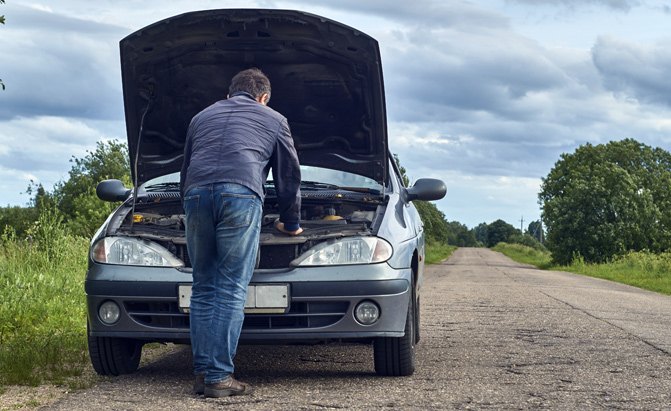















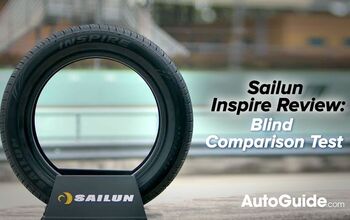

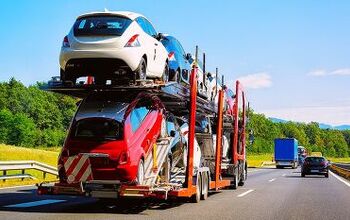
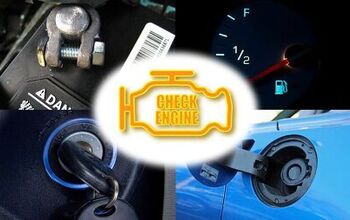
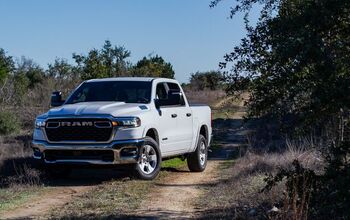




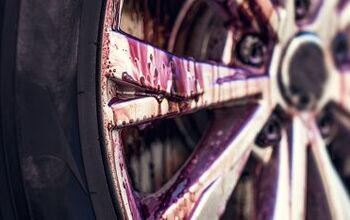
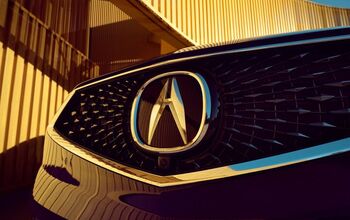




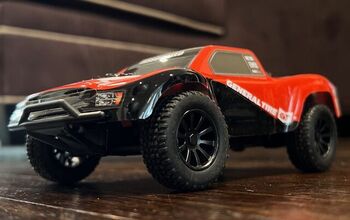
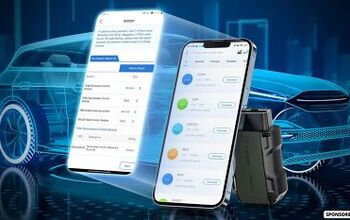

Comments
Join the conversation